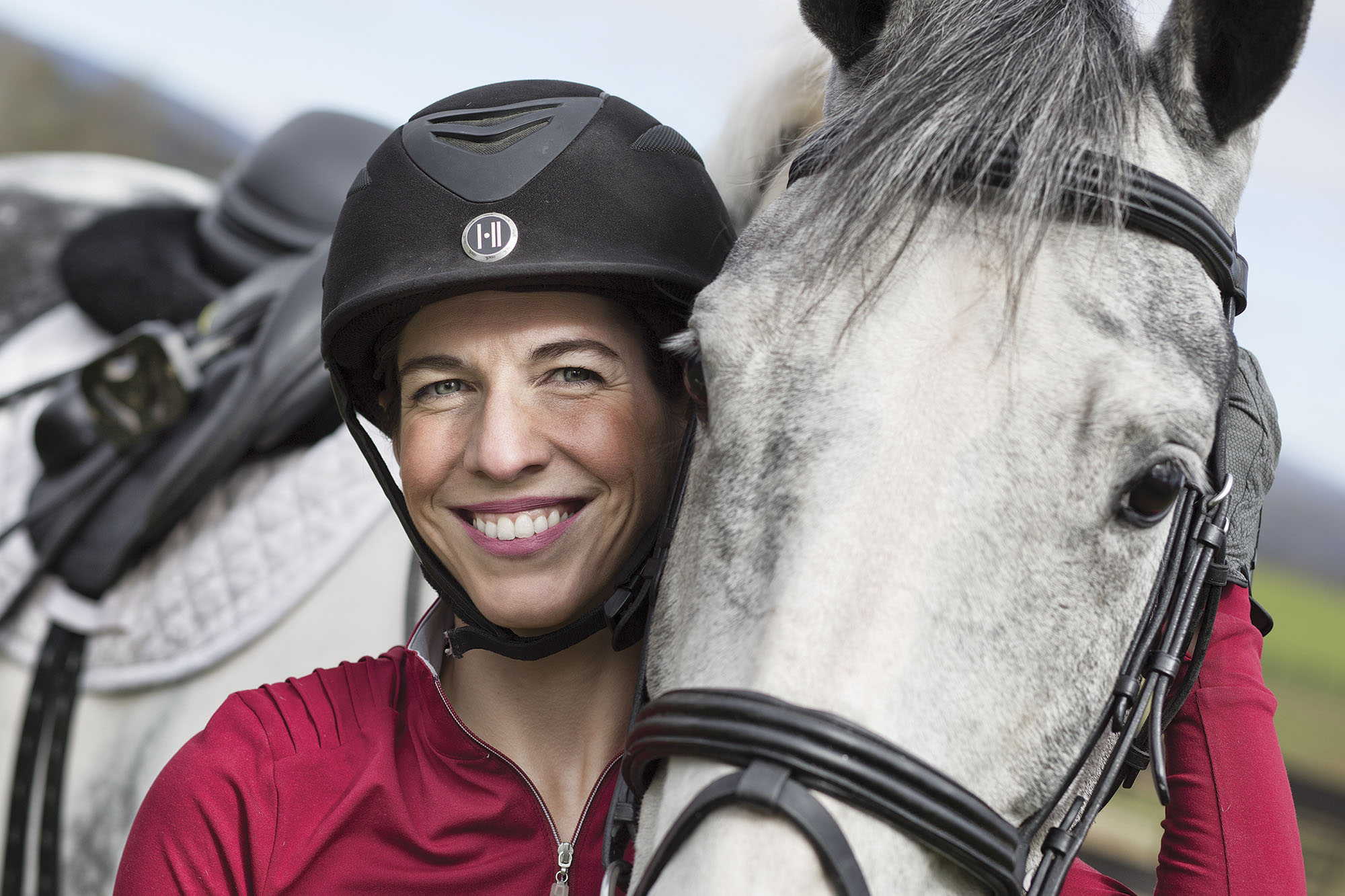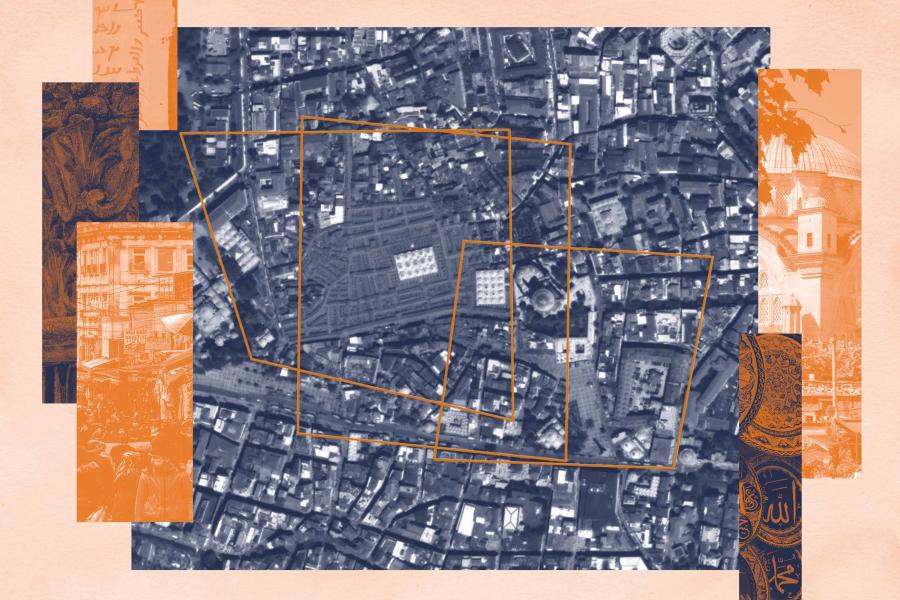As a child growing up in the Chicago suburbs, Stephanie Bajo fell in love with competitive horse riding and its inherently rugged way of life.
“The equestrian community is pretty tough,” she said. “We’re getting up in the dark and cold and crushing ice in buckets because our horse’s drinking water has frozen. ... Serious riders are pretty stubborn and if they get injured, they just grin and bear it. Horse riding makes people extremely resilient, but it also puts them at risk when they experience a concussion and say, ‘I’m fine,’ and want to keep riding.”
Bajo knows this mindset firsthand: “Now looking back,” she said, “there were probably two or three times where I had fallen and definitely had some confusion or seeing stars and developed some sort of headache. I got back on and kept riding. In a lesson with a riding instructor, I remember I was told to get back on.”
Time to Recover is Key
Today as a UVA Health neuropsychologist, Bajo knows well that this deeply ingrained attitude in the riding community needs to change. She shares with parents and coaches that it’s important to take concussion symptoms seriously, but to also realize that the vast majority of people will recover in a matter of days or weeks – and without lingering brain damage.
“When I talk to equestrian groups,” Bajo said, “I tell them, ‘Do not have your students get back on until they’ve been assessed for concussion symptoms and their symptoms have cleared up.’ It would be very detrimental to fall again before recovering. And what is the detriment of ending the ride that day?”
As a longtime rider, Bajo said she understands that falls will always be a part of riding. Riders are taught how to roll to avoid injury. And sometimes it is important to get back in the saddle quickly in order to work through the challenges and help the rider gain confidence rather than fear.

Stephanie Bajo, a UVA assistant professor of psychiatry and neurobehavioral sciences, also attended UVA for a two-year clinical training in neuropsychology. (Contributed photo)
Not all falls will result in a concussion, Bajo said, but it’s important to know too that a concussion can occur after a high-impact fall even when a rider does not hit their head. A helmet, she added, won’t protect a rider from concussion, but can help prevent a skull fracture.
Riding immediately after a concussion, Bajo said, means your balance is going to be off and you’re not going to be able to process information as effectively, putting you at a greater risk for a second injury and prolonging your recovery. “No one, especially horse riders,” she said, “want to be out of their normal routine for longer than they have to be.”
Adolescents can take anywhere from a few to 30 days before their concussion symptoms clear up and they can safely return to their sport. Collegiate athletes tend to recover in seven to 10 days, Bajo noted.
As a mild brain injury, concussions can typically be assessed by a primary care provider. If someone’s symptoms are getting worse – like confusion, dizziness or an extreme headache – it’s important to seek medical care right away to rule out a more serious injury like a brain bleed or swelling.










